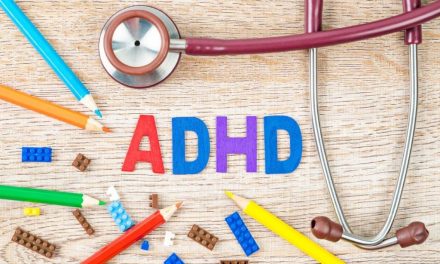Reducing Your Stroke Risk: Essential Steps for Cardiovascular Health
As we approach Stroke Awareness Week, from 28 October to 3 November, it’s crucial to assess your risk factors for heart disease and stroke. According to The Heart & Stroke Foundation, an alarming 225 South Africans die every day from stroke and heart disease, with ten people experiencing a stroke every hour. This highlights the urgent need for greater awareness and preventive action.
Understanding Stroke Risk Factors
Lizeth Kruger, Clinic Executive at Dis-Chem Pharmacies, emphasizes the importance of cardiovascular health. “Heart disease occurs when fat, cholesterol, and other substances build up in artery walls, forming plaques that can narrow or block arteries. If untreated, this buildup can lead to heart attacks or strokes,” explains Kruger. By adopting a proactive approach, you can significantly reduce your stroke risk.
Key Steps to Lower Your Risk of Heart Disease and Stroke
- Regular Health Screenings: Routine check-ups can detect high blood pressure, high cholesterol, and diabetes, which are major stroke risk factors. The Heart & Stroke Foundation states that around 80% of heart diseases and strokes are preventable with early intervention.
- Manage Diabetes: Diabetes and obesity are critical risk factors for stroke. Proper diabetes management is essential to reduce the risk of cardiovascular complications.
- Avoid Smoking and Limit Alcohol: Tobacco use and excessive alcohol consumption can increase blood pressure and contribute to blood clot formation. Avoiding smoking and drinking alcohol in moderation can significantly improve heart health.
- Exercise and Manage Stress: Chronic stress is a contributor to stroke and heart disease. Engaging in stress-reduction techniques and aiming for 30 minutes of exercise at least five days a week can help lower these risks.
- Eat a Heart-Healthy Diet: A balanced diet rich in fruits, whole grains, nuts, fish, and vegetables can support cardiovascular health. Limit intake of saturated fats, sodium, and added sugars for optimal results.
- Prioritize Post-Stroke Care: For those who have already experienced a stroke, ongoing care and rehabilitation, such as physical, speech, and occupational therapy, are essential. Emotional support from loved ones can also aid recovery.
Kruger adds, “In Dis-Chem wellness clinics, we emphasize proactive measures to help South Africans protect their cardiovascular health. Through education and access to quality healthcare, we encourage everyone to prioritize their heart health.”
Take Charge of Your Cardiovascular Health Today
Stroke is a serious health risk, but with regular monitoring and lifestyle adjustments, you can reduce your risk. This Stroke Awareness Week, take steps to ensure a healthier future. Visit your nearest Dis-Chem wellness clinic for comprehensive health screenings and start your journey toward better heart health.



























